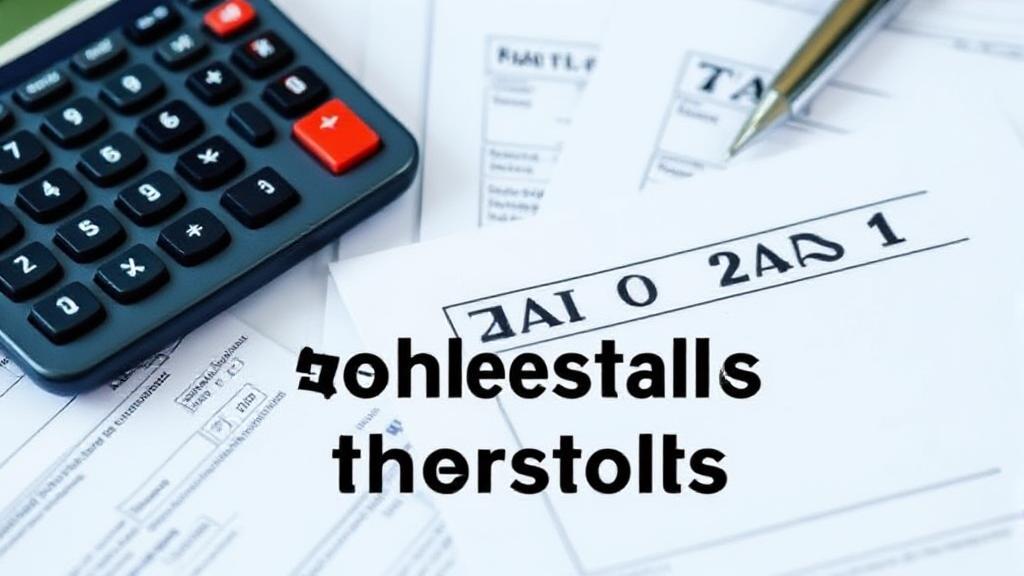Understanding Filing Status and Thresholds
Your filing status is a key determinant in establishing your income threshold. The IRS recognizes several filing statuses:
- Single
- Married Filing Jointly
- Married Filing Separately
- Head of Household
- Qualifying Widow(er) with Dependent Child
Income Thresholds by Filing Status
Single Filers
- Under 65: Must file if gross income is at least $13,850
- 65 or older: Must file if gross income is at least $15,700
Married Filing Jointly
- Both spouses under 65: Must file if gross income is at least $27,700
- One spouse 65 or older: Must file if gross income is at least $29,200
- Both spouses 65 or older: Must file if gross income is at least $30,700
Married Filing Separately
- Must file if gross income is at least $5 (regardless of age)
Head of Household
- Under 65: Must file if gross income is at least $20,800
- 65 or older: Must file if gross income is at least $22,650
Qualifying Widow(er)
- Under 65: Must file if gross income is at least $27,700
- 65 or older: Must file if gross income is at least $29,200
Special Circumstances
Self-Employment
If you have net earnings of $400 or more from self-employment, you are required to file a tax return, regardless of your gross income.
Dependents
Different rules apply for dependents who can be claimed on someone else's tax return. The filing requirements depend on both earned and unearned income:
- Unearned income more than $1,250
- Earned income more than $13,850
- Gross income more than the larger of:
- $1,250
- Earned income (up to $13,150) plus $400
Additional Considerations
Even if you're below the filing threshold, you might want to file a return if:
- You had taxes withheld from your paycheck
- You're eligible for refundable credits like:
- Earned Income Tax Credit
- Child Tax Credit
- American Opportunity Credit
- You need to provide proof of income for other purposes
- You have unreported tips
- You owe special taxes, such as the Alternative Minimum Tax (AMT)
- You received distributions from a Health Savings Account (HSA), Archer Medical Savings Account (MSA), or a Medicare Advantage MSA
- You are required to make payments for the Health Care Individual Responsibility Payment
Note: These thresholds apply only to federal tax returns. State filing requirements vary by jurisdiction, and you should check with your state's tax authority for specific guidelines.
Important Deadlines
For the 2023 tax year:
- Federal tax returns are due by April 15, 2024
- Extensions can be filed until October 15, 2024
For more detailed information, visit the IRS website or consult Publication 17.
Remember that these thresholds are subject to annual adjustments for inflation, and special circumstances may create additional filing requirements. When in doubt, consult with a qualified tax professional or the IRS directly.
